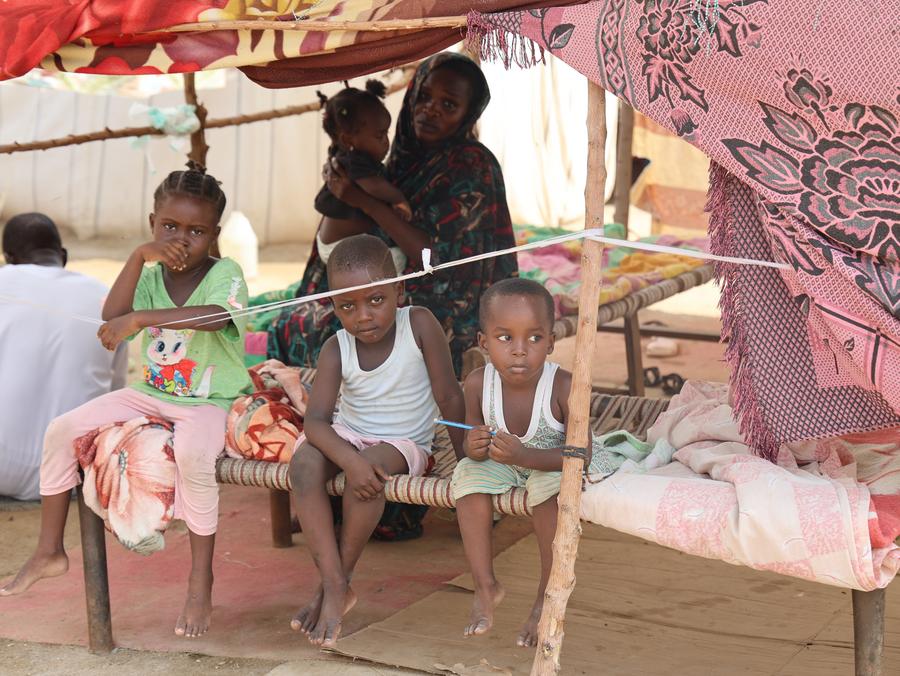Sudan humanitarian crisis deepens as fighting continues: UN


UNITED NATIONS - The humanitarian crisis in Sudan is deepening as fighting, displacement and health emergencies fuel needs, the world body warned Tuesday.
In North Darfur state, artillery shelling continues to affect residential areas of El Fasher city and the Abu Shouk camp for internally displaced people. Daily civilian casualties are reported, and recent days have seen an intensification of nighttime bombardments, said the UN Office for the Coordination of Humanitarian Affairs (OCHA).
Humanitarian partners on the ground report that access to education remains severely constrained in North Darfur. Since the conflict began in April 2023, a quarter of a million children have lost access to learning, said OCHA.
In South Kordofan state, the International Organization for Migration reported last week that about 2,800 people, primarily women and children, fled renewed fighting in the town of Dibebad. The situation in the state capital of Kadugli has also seriously deteriorated in recent weeks, with intense shelling and humanitarian access largely cut off, said the office.
In Northern state, authorities report that about 6,000 people who fled from North Darfur, Khartoum and West Kordofan states due to insecurity arrived in Ad Dabbah locality between May 12 and 22, it said.
Meanwhile, the cholera outbreak in Khartoum state is worsening at an alarming rate. Humanitarian partners in the state report an 80 percent increase in suspected cases over the past two weeks, bringing the total to more than 8,500, it said.
In Blue Nile state, some 8,500 Sudanese refugees have returned from South Sudan since late April. A recent inter-agency assessment by the United Nations and its partners found high rates of acute respiratory infections, malaria and skin conditions among these returnees. The lack of mosquito nets, proper shelter, and water, sanitation and hygiene facilities is significantly increasing the risk of disease outbreaks, said OCHA.
The office calls for increased, flexible and timely funding to scale up the humanitarian response as well as unimpeded access via all necessary routes so that aid workers can reach people in need, it said.
































